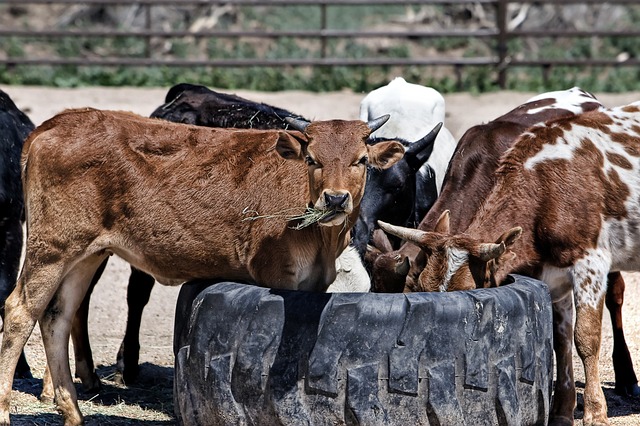The U.S. cattle industry received good news this week when China announced it was reversing a ban on American beef instituted after an outbreak of mad-cow disease in the U.S. in 2003.
Per CNBC, the Chinese Ministry of Agriculture noted the country will accept American beef only from animals under 30 months of age. According to the High Plains Journal, “the next step is for United States Department of Agriculture officials to work with China’s Administration of Quality Supervision, Inspection and Quarantine to approve the certificates and protocols for exports.”
Per a USDA press release, Agriculture Secretary Tom Vilsack stated, “This announcement is a critical first step to restore market access for U.S. beef and beef products. We look forward to prompt engagement by the relevant authorities for further technical discussions on the specific conditions that will allow trade to resume. True access to China’s beef market – consistent with science-based, international standards for trade – remains a top priority for the United States.”
According to USDA statistics, U.S. beef exports (excluding beef products) totaled $3 billion in 2003 and fell to $1.1 billion in 2004. However, U.S. beef exports have recovered to pre-2003 levels, totaling $5.8 billion in 2015. In 2016, the USDA expects China to surpass Japan as the second-largest beef importer after the United States, with imports estimated at 825,000 tons. Demand in China is fueled by growth of the country’s middle-class population.
Despite this seemingly good news, Philip M. Seng, president and CEO of the U.S. Meat Export Federation, stated on his organization’s website, “While this is an important first step in the process of resuming beef exports to China, USMEF understands that China must still negotiate with USDA the conditions that will apply to U.S. beef exports entering this market. USMEF looks forward to learning more details about the remaining steps necessary for the market to officially open and for U.S. suppliers to begin shipping product.”
U.S. meatpackers also remained guardedly optimistic about the announcement. Mike Martin, director of communications for Cargill Inc., told the Wall Street Journal, “We are encouraged by Premier Li’s comments and are interested in seeing any proposed next steps for potential future implementation.” A spokeswoman for Tyson Foods Inc., told the Journal the company “would rather not speculate at this time,” regarding the future of the U.S.-China meat trade.
